Blog
Expert insight on the latest trends, solutions and best practices in logistics and supply chain

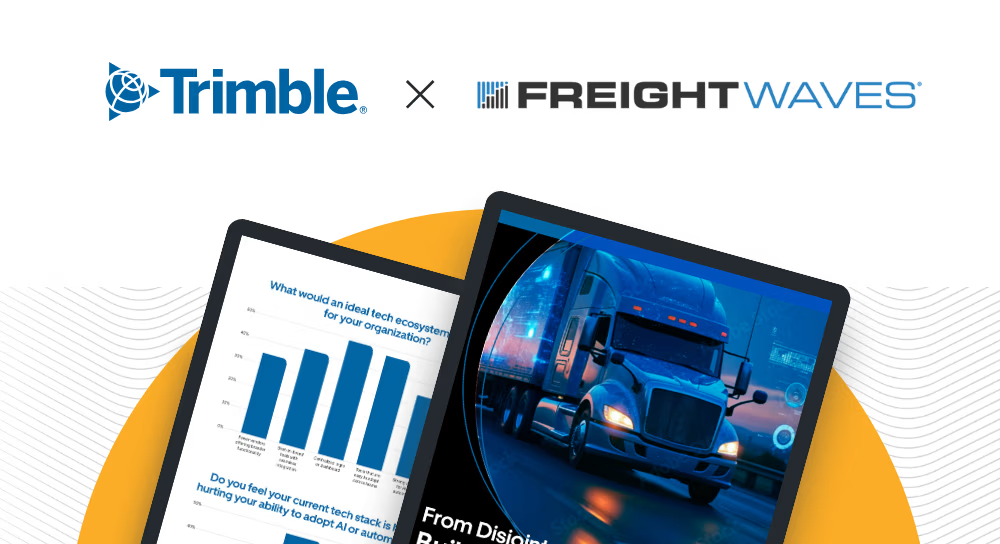
DIGITAL TRANSFORMATION
New white paper from Trimble and FreightWaves explores logistics tech challenges

DIGITAL TRANSFORMATION
A new look, the same trusted partner: Welcome to Trimble's new digital home for transportation and logistics

DIGITAL TRANSFORMATION
Transportation in 2026: From experimentation to acceleration

TRANSPORTATION MANAGEMENT
Why Private Fleets Can't Afford to Ignore Optimization Software
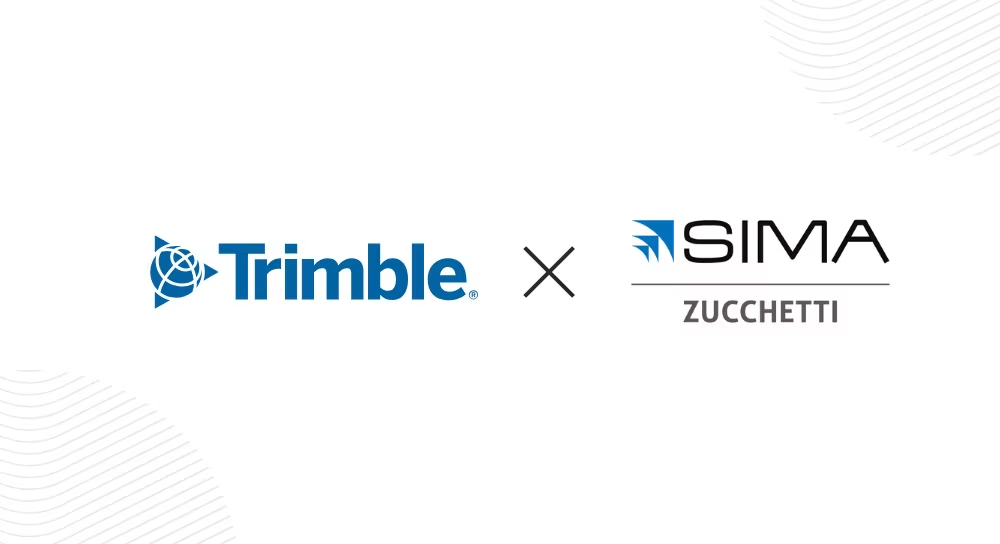
DIGITAL TRANSFORMATION
SIMA and Trimble: Driving smarter logistics together
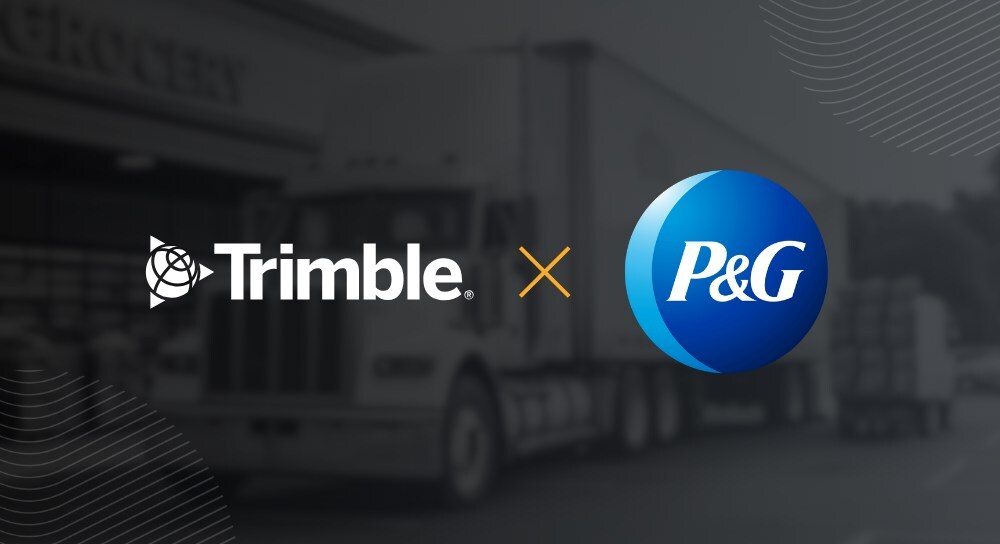
TRANSPORTATION MANAGEMENT
Trimble Freight Marketplace launches in North America with Procter & Gamble as first shipper customer

DIGITAL TRANSFORMATION
Trimble introduces AI-powered innovations at 2025 Trimble Insight Tech Conference
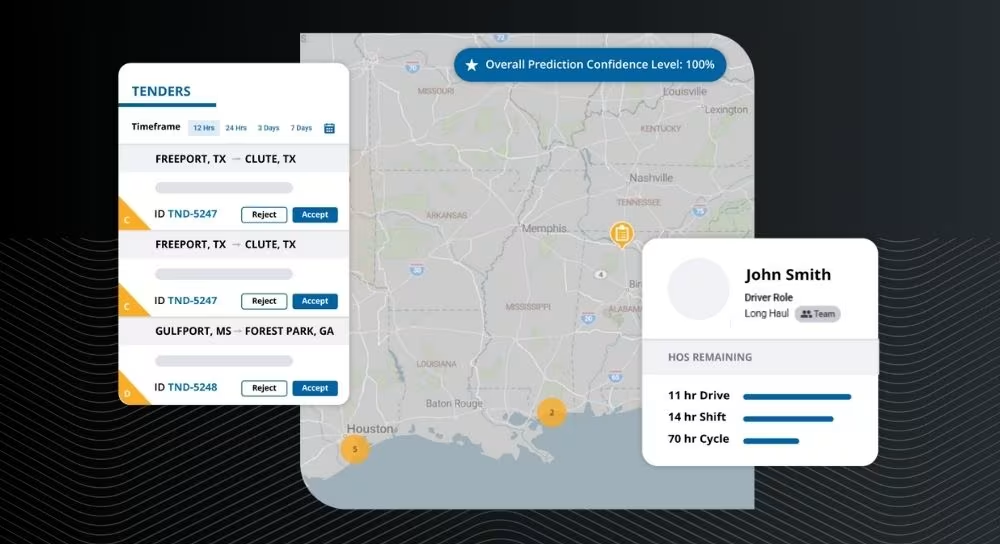
DIGITAL TRANSFORMATION
AI-powered next-gen Trimble TMS debuts at 2025 Trimble Insight Tech Conference

DIGITAL TRANSFORMATION
Trimble announces new AI agents and workflows to automate transportation operations
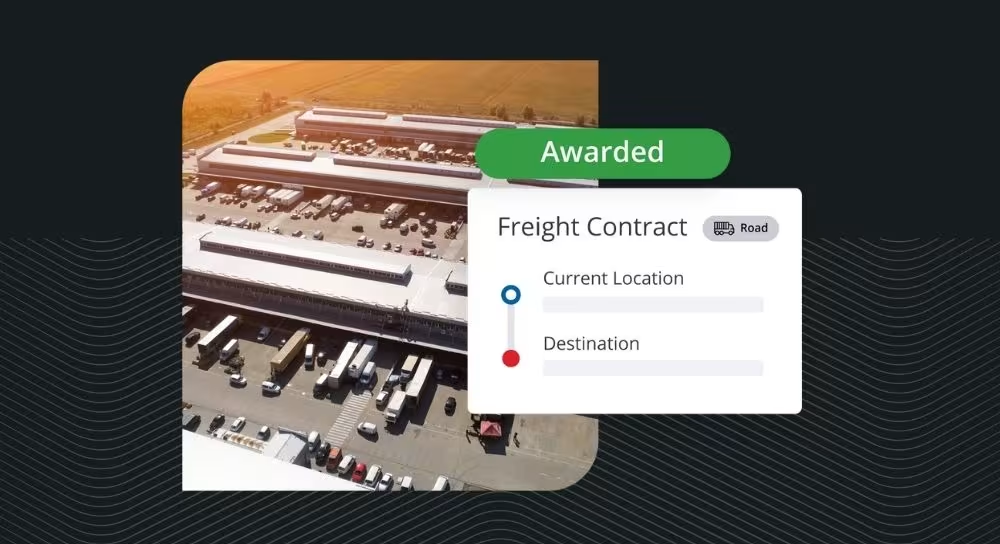
DIGITAL TRANSFORMATION
Trimble expands connected solution integrations to address transportation industry challenges

DIGITAL TRANSFORMATION
Driving the future of freight: Trimble’s vision for an open AI-powered ecosystem

TRANSPORTATION MANAGEMENT

